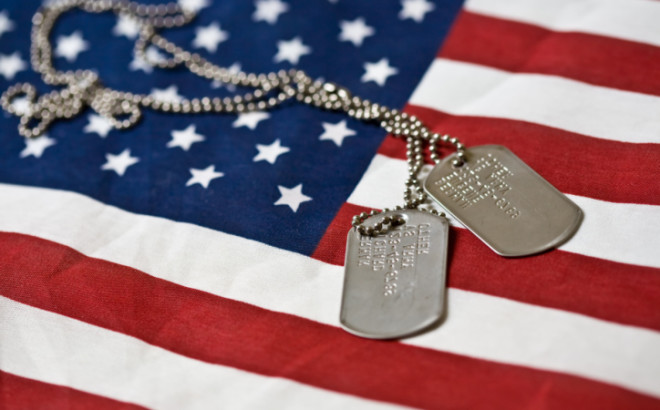Veterans specialist finds helping vets not only rewarding, but also a duty
The situation was somewhat unusual. The woman had been married to a veteran who had died on active duty—in 1948! She had been drawing a veterans benefit called DIC after he passed away, but then remarried and the benefits were terminated.
Later her second husband died and she developed disabilities that required personal care. But because she could no longer remember many of the details, I interviewed her family and began research to determine information on her first husband. With the assistance of personnel at the VA Regional Office in Philadelphia, we were able to identify the veteran, obtain the necessary information, file a claim and get benefits awarded for her.
Further, we were able to secure CHAMP-VA health-care coverage for her, meaning she did not have to obtain a separate supplemental health-care policy, saving her considerable funds.
I took these steps because I believe that making sure that veterans and their spouses receive the benefits to which they are entitled isn’t just a priority—it’s our duty.
As a senior veterans assistance specialist at Diakon, my job is to coordinate with residents, families and staff, as well as outside organizations such as the U.S. Department of Veterans Affairs, to help those who’ve served in our military get the care and support they need.
It’s an important role and one I cherish—because I get to help those who have helped our country.
Just a few of the ways I help veterans and their spouses to navigate the VA system include …
- Reviewing their pension and compensation status
- Reviewing their service-connected disabilities;
- Determining for which financial benefits and medical treatments they qualify;
- Helping them to apply for various programs and services;
- Assisting them in tracking down paperwork such as discharge papers or death certificates; and
- Coordinating benefits with the VA and other groups such as the Disabled American Veterans, American Legion and VFW.
I can even make sure eligible veterans receive free eyeglasses, hearing aids and flu shots, just to name a few examples.
Moreover, because vets and their families don’t always know what they’re entitled to, I frequently host seminars at Diakon’s senior living communities to cover many of these issues, guide them through the process and answer their questions.
Just as important, when a vet or the spouse of a vet who has passed away comes to one of our campuses for the first time, I attempt to contact the veteran, widow or widower, or family to review possible entitlement to veteran’s benefits.
As a vet myself—and as someone who has worked on behalf of veterans for more than four decades and understands the complexities of the system—it’s my pleasure to act as a liaison for vets and their families and to point them in the right direction.
After all, it’s the least we can do for those who have served our country!
—Rick Lingle
Senior Veterans Assistance Specialist
For questions, you may contact Rick at (717) 795-0301.
Because we review comments, they do not appear immediately. Please do not submit each comment more than once. Please review our comment policy.


